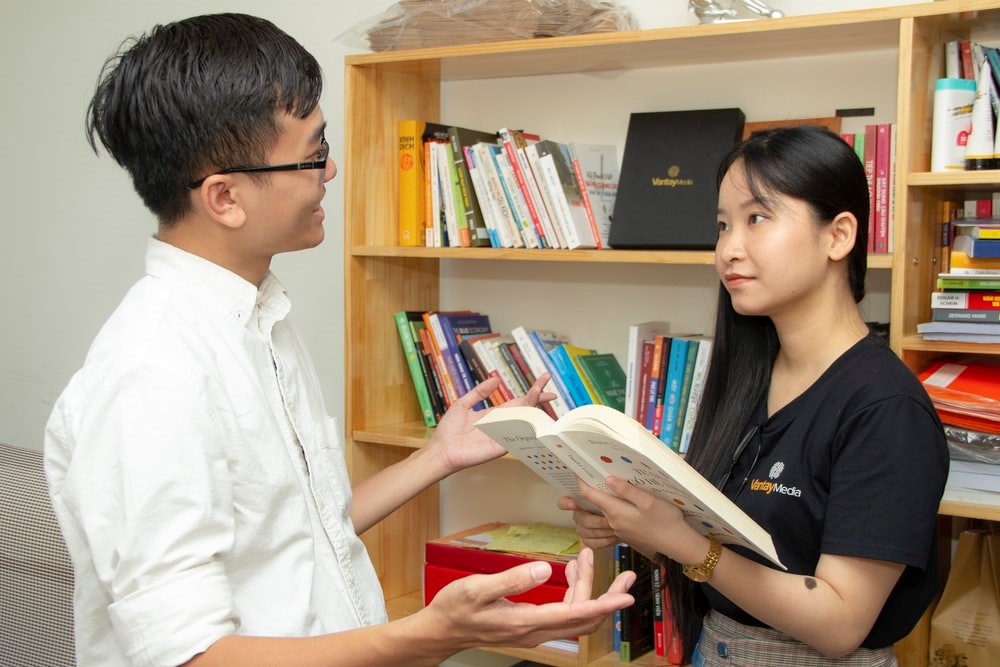
Exams are considered one of the most common ways of gauging a student’s overall understanding of the subject matter and their readiness to tackle more complex subjects in the following years.
While there is no one-size-fits-all solution when it comes to exam prep, some methods have been proven to be less effective at preparing a student for tests than others.
So, what are these exam prep mistakes students often make, and how can you avoid them when you’re preparing for exams yourself?
Pulling All-Nighters

You may believe that performing an all-nighter is necessary since this will give you plenty of time to review and learn. However, this can actually be counterproductive since the brain also needs enough rest to function optimally.
For example, teenagers require at least 6 hours of quality sleep every night if they want to perform as well as they need to during exams.
All-nighters only leave the brain – and body – feeling more fatigued, which can negatively impact your ability to concentrate and think clearly. As a result, you’re more likely to draw a blank while answering questions.
Sleep deprivation also significantly affects your brain’s ability to convert short-term memories to long-term memories.
This means that not only will it be more difficult for you to recall the information you need during the exam, but you also have a higher risk of recalling false memories and answering incorrectly.
Therefore, it’s best to ensure you always get a decent night’s sleep, especially on the days leading up to your exam date, if you want to perform as well as you possibly can during your exam.
Studying Without a Plan

Another common mistake students make is immediately studying without a clear plan or goal. Studying without a solid structure or purpose will leave you directionless, increasing the chances of failing.
In fact, this may be the most critical error of all because it impacts everything else. Before you study, identify everything you need to concentrate on and which learning strategies you need to employ to master the content.
A study plan can help you break down your learning into manageable portions. Defining what you need to accomplish each day can help you understand what you need to do and when you have to do it.
With this approach, you can learn more successfully and avoid unnecessary stress since you will have more than enough time to cover everything you need to know before the exam
Not Using Active Learning Strategies

Many students study primarily by listening and reading, which are both considered passive study practices. They’re passive because these strategies don’t generate enough interaction to leave a lasting impression on your memory.
For example, writing notes is considered more effective than simply re-reading your textbook. This is because your brain takes the time to process and organize the information, which allows it to recall it more easily when needed.
Other types of active learning strategies include journaling, discussions, roleplaying, etc.
Of course, every student has a different learning style, so what works for one student may not necessarily work for you. So, consider experimenting with different types of active learning strategies to find which one works best for you.
Not Studying Early Enough

Many students often plan to start preparing for final examinations a few weeks ahead of time. Unfortunately, when tests approach, they sometimes fail to follow this established schedule.
What was intended to be a whole week of studying is suddenly reduced to one or two frantic hours of cramming. Since exam preparation usually takes more time than anticipated, it’s best to begin as early as you can.
After all, you’re more likely to forget everything you learned if you don’t devote enough time to studying before the exam. Cramming puts too much stress on the brain, affecting just how well it recalls the information you need.
Of course, cramming can be effective, but its benefits are only apparent in the short term. The percentage of forgetting increases considerably the longer you rely on cramming.
Better to start studying as early as you can!
Not Doing Practice Questions

Practice tests are considered a good technique when preparing for exams. Doing so won’t just offer you an understanding of the exam format, but it will also allow you to manage your time throughout the exam better.
Answering practice exams are considered so effective that some experts claim that it’s a more helpful technique than spending most of your time reading the materials.
After all, taking practice exams can help you evaluate what areas you know and where to focus your efforts. Furthermore, applying what you have learned to actual problems increases the chances of remembering what you have studied.
Aside from that, taking practice tests before the actual exam can boost your self-confidence, which can help increase your chances of obtaining a high score.
Not Taking Breaks

Another crucial part of exam preparation that’s sometimes disregarded and devalued is taking study breaks. It may seem counterproductive when you’re trying to prepare as well as you can, but taking a moment to relax and unwind is critical for students.
After all, breaks allow your mind to rest and heal, enabling you to better absorb what you’re studying before the exam. Moreover, frequent breaks can also improve other crucial aspects, such as exam performance and overall mental wellness.
Final Thoughts
Knowing the common exam prep mistakes can help you become more aware and address them accordingly when it’s your turn to prepare for your exams.
Being aware of these mistakes can also help you develop better habits that won’t just help you pass your exams but can also help you cope with other challenges you might encounter later on.
All the best for your exams!
